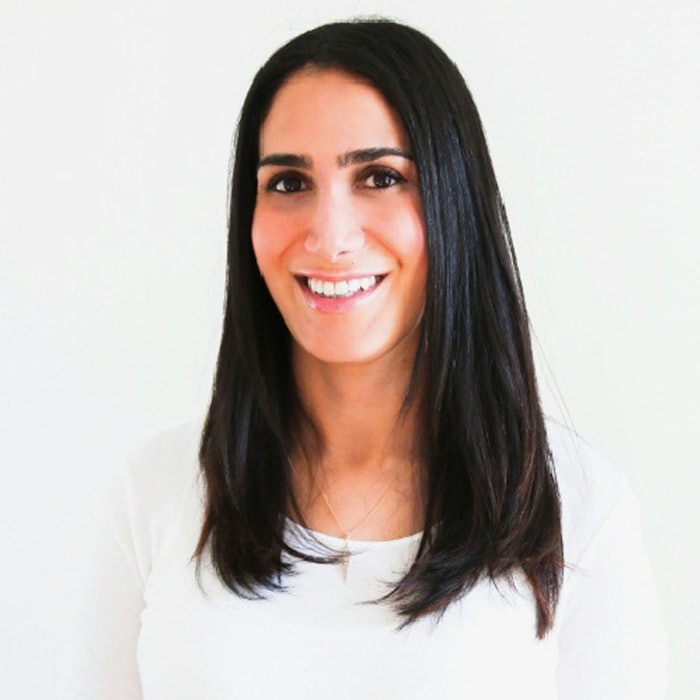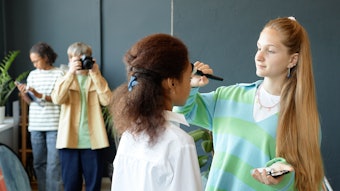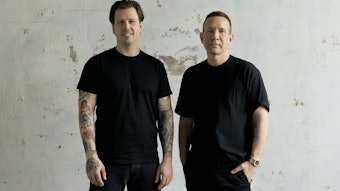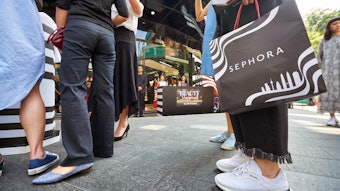
BAM Ventures, an early stage VC firm based in Los Angeles, focuses on backing the next rising consumer brands, products and technologies worldwide. This firm supports entrepreneurs and takes a collaborative and founder-friendly investment approach. They mainly seek to mitigate risk and optimize returns by investing early and dedicating their time, relationships and expertise at the optimal point of value and opportunity.
Shamin Rostami Walsh, managing director at BAM Ventures, has been an angel investor for more than 17 years and gained experience in the consumer space through her early investments in companies such as Sweetgreen, Flexport and Sir Kensington’s.
Before joining BAM Ventures, she was a consumer-focused partner at a generalist firm with tangible assets in 3PL/fulfillment, cold storage/co-packing and manufacturing, giving her a holistic perspective through which to evaluate emerging consumer businesses.
Rostami Walsh also leveraged her experience as a transactional attorney to assist in contract negotiations, fund formation and fund construction.
I recently spoke with her to understand what she looks for in beauty brands and how the brands can get attention from investors.
What kind of companies do you look to invest in?
[SRW]: Pre seed and seed in a number of categories that are broadly consumer, including consumer brands and consumer technologies.
What makes a company attractive?
[SRW]: Founders who understand customers and their market. Traditional paid marketing is expensive, so we want founders that understand the customer’s pain points. We look for founders who understand that it's not just a transactional experience, but it's also how they solve a problem and have the ability to convincingly communicate that and cultivate trust. We want founders who can cut through the noise.What is a turn-off about a company?
[SRW]: Being a copy, cut and paste from the playbook of a successful brand.What is most interesting to you about the wellness sector?
[SRW]: Beauty and wellness are interesting because there's always an opportunity for a breakout brand even though there is so much competition. As consumers, brands, science and technology become more developed we are constantly learning, updating definitions and evolving categories. There are macro shifts, trends and cultural patterns that we need to pay attention to.Any tips on sprucing up an investor deck?
[SRW]: Keep it as simple as possible. A venture capital fund sees 10-20 a day, so see if you can find the one thing we can zero in on and focus on that.
First, capture our attention.
Ask yourself these questions:
- Why does this product exist?
- Why is this a good market to go into now?
- Why are you the one to bring out this product?
- Why is now the time to do it?
- How big is the market?
- What is your underlying business model and how will you monetize?
Additional questions can always be answered but not everything has to be answered in the deck. You don’t want investors to mentally check out. You want to make sure the fundamentals are there but don't get diluted with extraneous stuff.
What makes you perk up when you hear it in an elevator pitch?
[SRW]: The brand can be distilled to one line and it hooks me. For example, we all know a retinol is great for anti-age, but prescriptions are too harsh and drug store versions are too weak, so we found something in between ... I understand it, I don't have the details, but I might want to hear more.
What trends have you been spotting?
[SRW]: A lot of segmentation for Gen Z or seniors. People are drinking less so the nonalcoholic space is growing. Consumers are also more interested in ingredients and more Ingredient based products. Our goals are not much different but there are new ways to tackle them.What do you predict will be the future of wellness?
[SRW]: More customization, segmentation and addressing your own specific needs. There are more demanding consumers as well. It's less about what’s brand new and more about being readily adaptable to what's becoming mainstream.
What changes should a brand make in this time of transition?
[SRW]: A brand doesn't need to adjust, they just need to speak to someone. We seek brands with super fans and it’s a necessity for brands to have their own identity.










